
For the first time, Vietnam has a legal framework for the venture capital fund model.
Before this Decree, venture capital activities in Vietnam, although mentioned a lot in the startup ecosystem, still developed in a fragmented manner, lacking legal framework and professionalism.
Investment funds are mainly formed in a pilot, fragmented form, through innovative startup support programs such as Project 844 or small-scale private and local funds.
In fact, most investment capital for startups still comes from foreign investment funds, while domestic funds have difficulty raising capital and protecting legal risks.
The lack of a clear legal framework makes it difficult for venture capital to develop, especially in the fields of high technology and innovative startups.
On October 14, the Government issued Decree 264/2025/ND-CP regulating the National Venture Investment Fund and Local Venture Investment Funds.
Mr. Pham Duc Nghiem, Deputy Director of the Department of Startups and Technology Enterprises ( Ministry of Science and Technology ) said that this is the first time Vietnam has a legal corridor for venture capital funds.
Decree 264/2025/ND-CP is a breakthrough in many aspects, from subjects, scope, models to specific policies, with two core philosophies, which are "public investment, private governance" and "using public investment to lead private investment".
During the process of developing the Decree, the Ministry of Science and Technology coordinated with Hanoi , Ho Chi Minh City, and Da Nang - the pioneering localities in testing the venture capital model. In particular, Hanoi has just issued a Resolution of the City People's Council providing detailed guidance on venture capital activities. Practice shows that one dong of public investment can mobilize up to four dong of private investment.
According to Mr. Pham Duc Nghiem, state capital in venture capital funds is identified as “seed capital”, playing a leading role in activating private capital flows to invest in strategic technology fields and innovative startups. This helps the State shift from “direct investment” to “leading investment”, creating a favorable environment for the development of the innovation ecosystem.
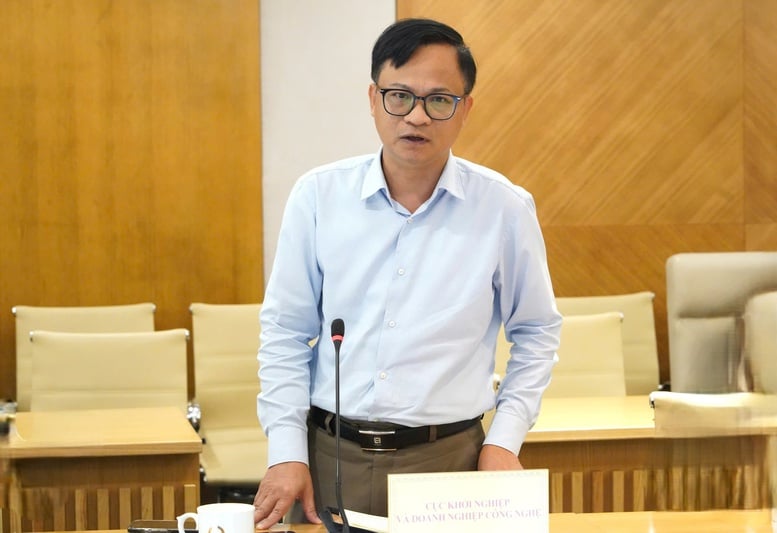
Mr. Pham Duc Nghiem, Deputy Director of the Department of Startups and Technology Enterprises (Ministry of Science and Technology) - Photo: VGP/TG
Flexible investment model, open mechanism for the private sector
Regarding investment models, for the first time, the Decree allows private entities, investment funds, and angel investors to join the State in investing in science and technology and innovation projects. Previously, the mechanism was mainly co-funding, lacking a legal corridor for the private sector to contribute capital.
Along with that, the Decree allows the fund to be organized as a limited liability company or a joint stock company; hire fund management companies with legal operating licenses, including private enterprises, to manage, invest, supervise and operate the fund.
This is an important point, creating an open investment environment, while attracting the private sector to participate with the State in developing science, technology and innovation.
Sharing more about these new points, Mr. Luong Van Thuong, Head of the Department of Innovative Startups (Agency for Startups and Technology Enterprises, Ministry of Science and Technology) said that Decree 264 has clearly defined the capital contribution ratio, scale, risk acceptance mechanism and profit allocation, thereby attracting private capital flows into innovative startup projects.
According to regulations, the Ministry of Science and Technology is the agency representing the State capital owner at the National Venture Investment Fund, while the Provincial People's Committee plays a similar role for the local Venture Investment Fund.
The national fund has an initial capital contribution of 500 billion VND and in the first 5 years must reach a minimum of 2,000 billion VND, from the budget combined with capital mobilized from organizations and individuals at home and abroad. For local funds, the scale is assigned to provinces and cities to determine in accordance with budget capacity and development needs.
Notably, the Decree allows funds to establish or contribute capital to other investment funds, domestic or international – a model commonly known as “Fund of Funds”. This model has been successfully applied by many countries.
Regarding risk management, the Decree stipulates that the total loss from investment activities using charter capital must not exceed 50%.
The breakthrough is that the fund is not forced to preserve capital for each individual investment, but rather the performance is evaluated on the entire investment portfolio throughout the operating cycle. This approach is consistent with the characteristics of venture capital - a field that is inherently associated with high risk.
The Decree also stipulates a mechanism for exemption of liability for managers and operators if losses occur due to objective reasons, and they have fully complied with investment principles, appraisal processes and acted transparently and honestly. This regulation helps encourage the spirit of daring to think, daring to do, daring to take responsibility of the fund management team - an important factor to promote the substantial development of venture capital.
In addition, the National Venture Capital Fund is allowed to deduct up to 5% of after-tax profits for reinvestment and support for the national innovative startup ecosystem, creating a closed loop between investment - growth - reinvestment, demonstrating the orientation of "using investment to nurture innovation".
To soon put Decree 264/2025/ND-CP into practice, the Ministry of Science and Technology is urgently implementing key tasks. First of all, the Ministry will select capable and reputable founding members to establish the National Venture Capital Fund, and at the same time build and complete the operating framework including charter, investment strategy and detailed operation plan.
Along with that, the Ministry will organize seminars and discussions to disseminate the content of the decree to the business community, investment funds and related parties. At the local level, the Ministry plans to coordinate with Bac Ninh, Hai Phong, Da Nang, Ho Chi Minh City, Can Tho - places with great potential in science and technology to guide the establishment and operation of local venture capital funds, suitable to the conditions of each region.
The Ministry of Science and Technology is also actively working with major international organizations and investment funds to promote cooperation, share experiences and attract foreign resources to participate in Vietnam's venture capital ecosystem.
The issuance of Decree 264/2025/ND-CP is considered by experts to be a turning point in Vietnam's policy of developing science, technology and innovation. For the first time, venture capital activities have a clear and transparent legal framework; public and private resources can converge to nurture ideas, technology and innovative businesses.
With this new legal corridor, Vietnam not only forms a professional venture capital market, but also creates momentum for social capital to flow into science and technology, contributing to promoting the knowledge economy, creative startups and sustainable development.
Thu Giang
Source: https://baochinhphu.vn/lan-dau-tien-viet-nam-co-hanh-lang-phap-ly-cho-quy-dau-tu-mao-hiem-102251101165006831.htm



![[Photo] President Luong Cuong receives US Secretary of War Pete Hegseth](https://vphoto.vietnam.vn/thumb/1200x675/vietnam/resource/IMAGE/2025/11/02/1762089839868_ndo_br_1-jpg.webp)

![[Photo] Lam Dong: Images of damage after a suspected lake burst in Tuy Phong](https://vphoto.vietnam.vn/thumb/1200x675/vietnam/resource/IMAGE/2025/11/02/1762078736805_8e7f5424f473782d2162-5118-jpg.webp)


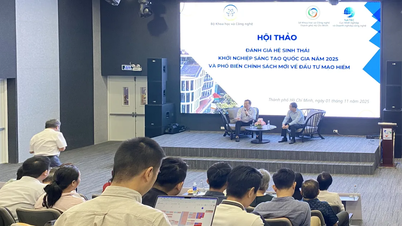

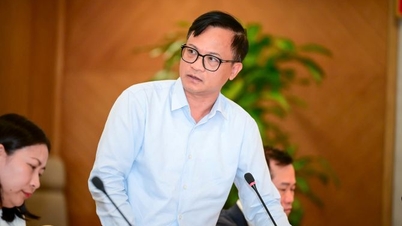







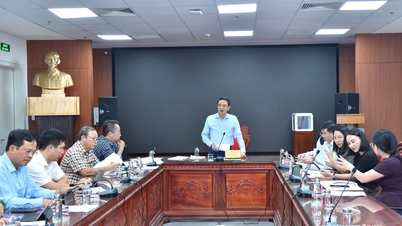














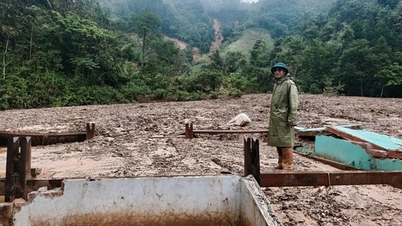

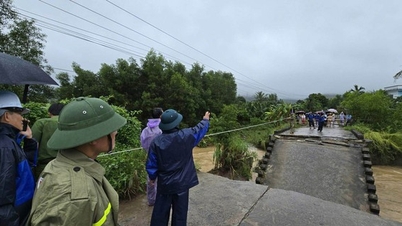


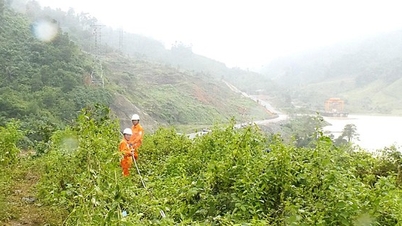



































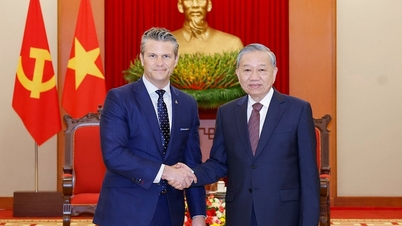











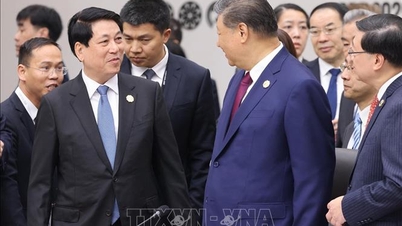

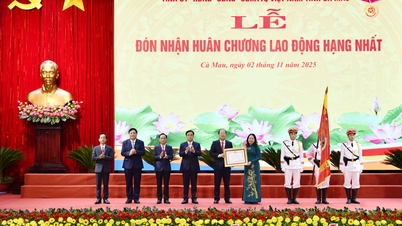


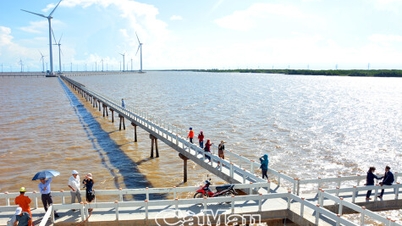






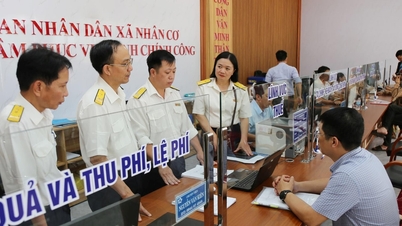















Comment (0)